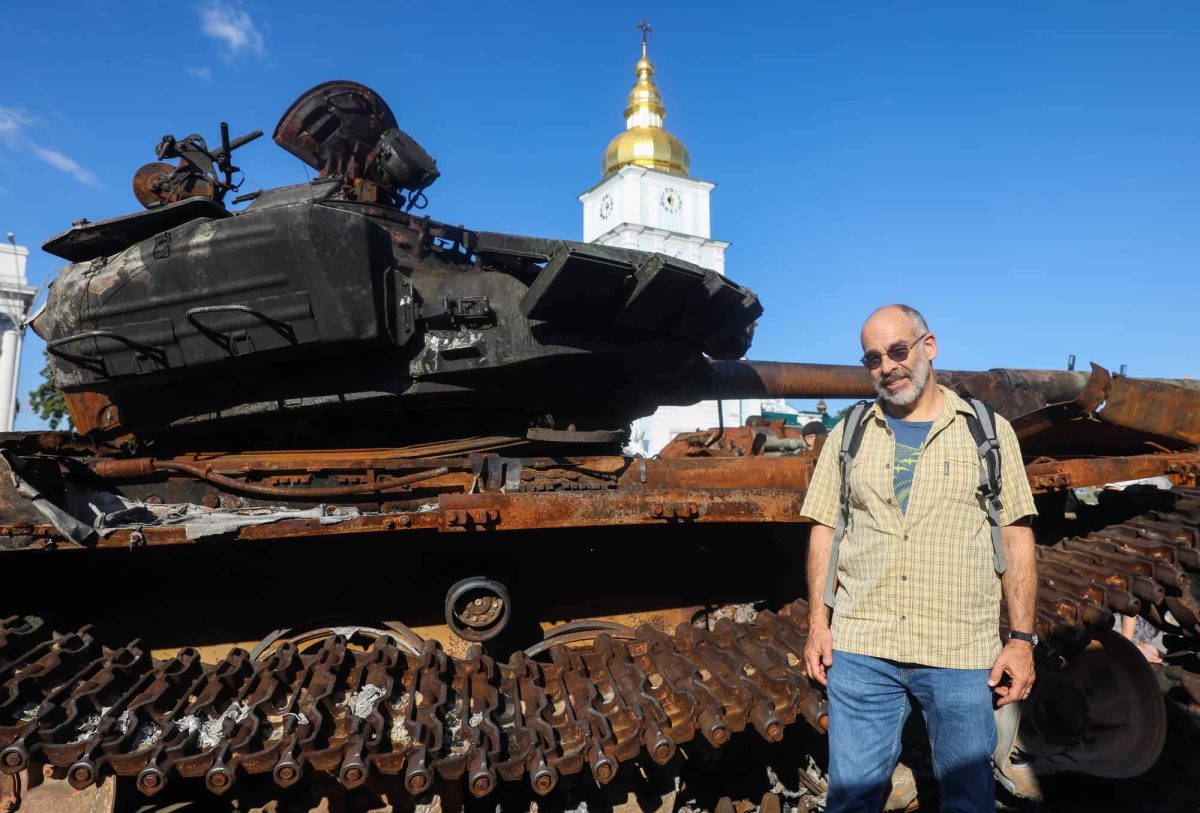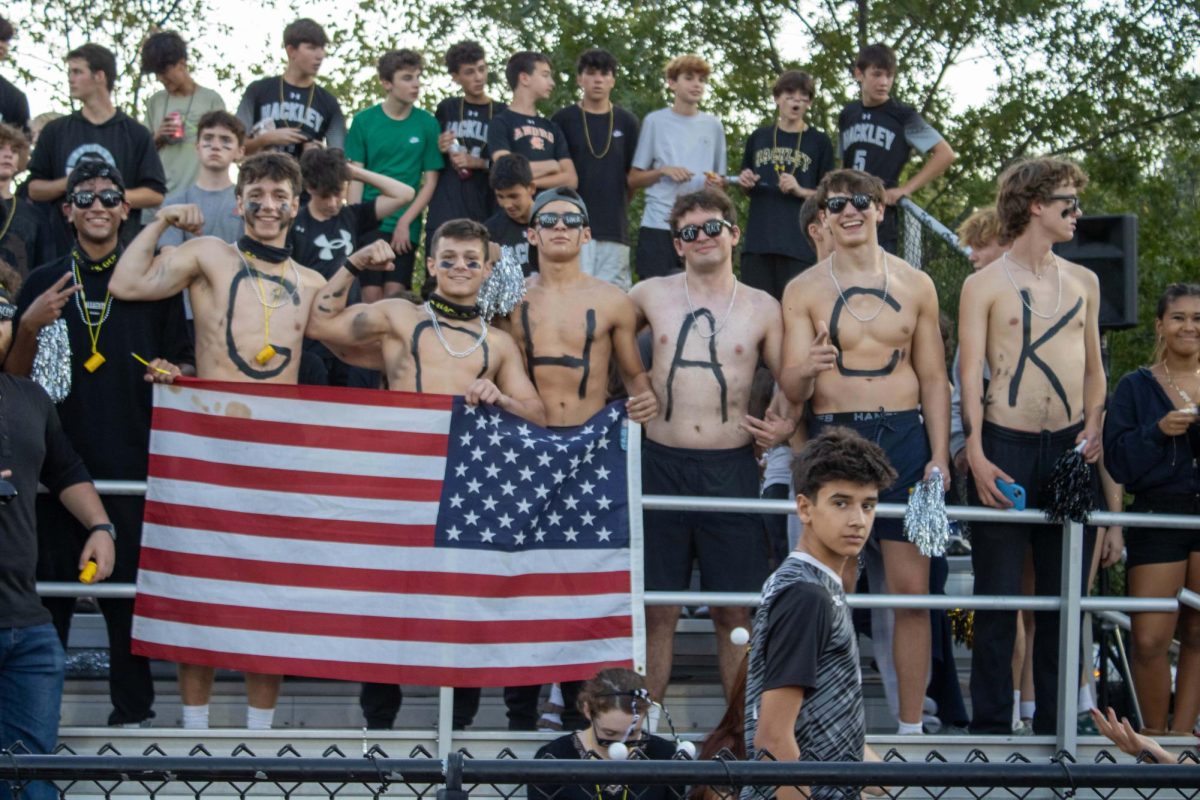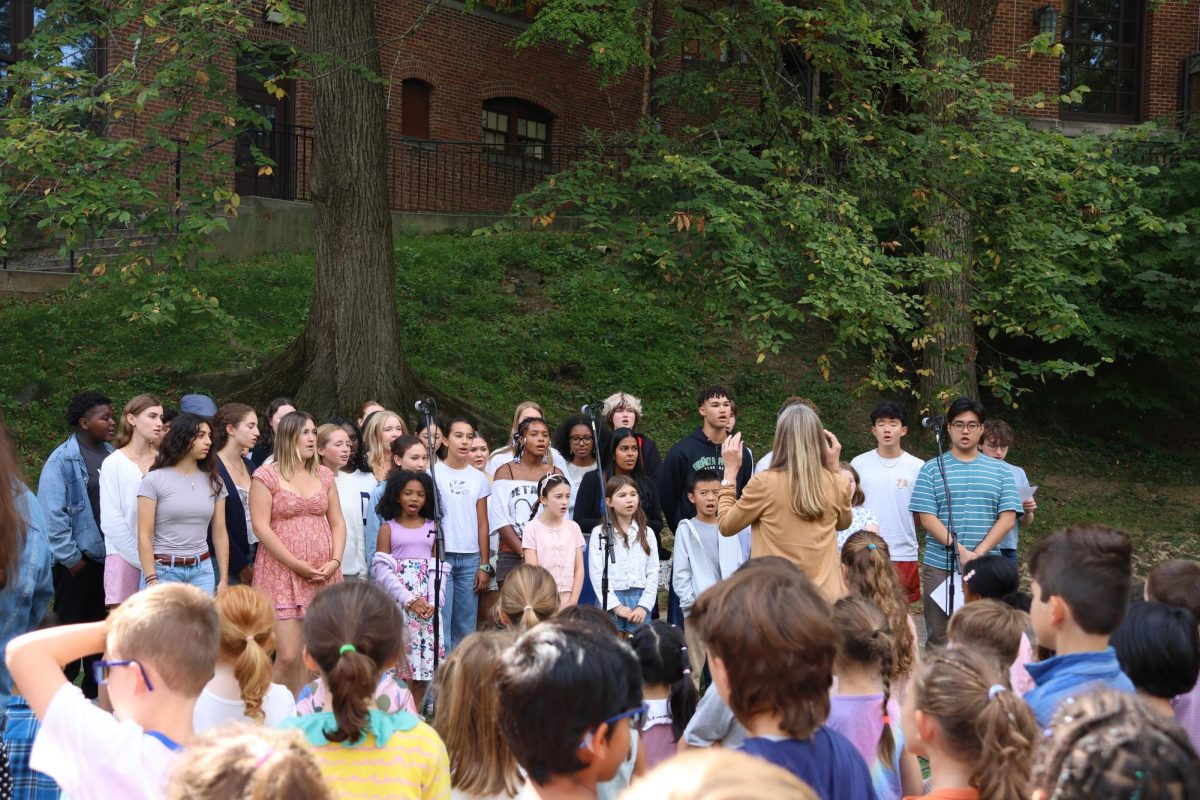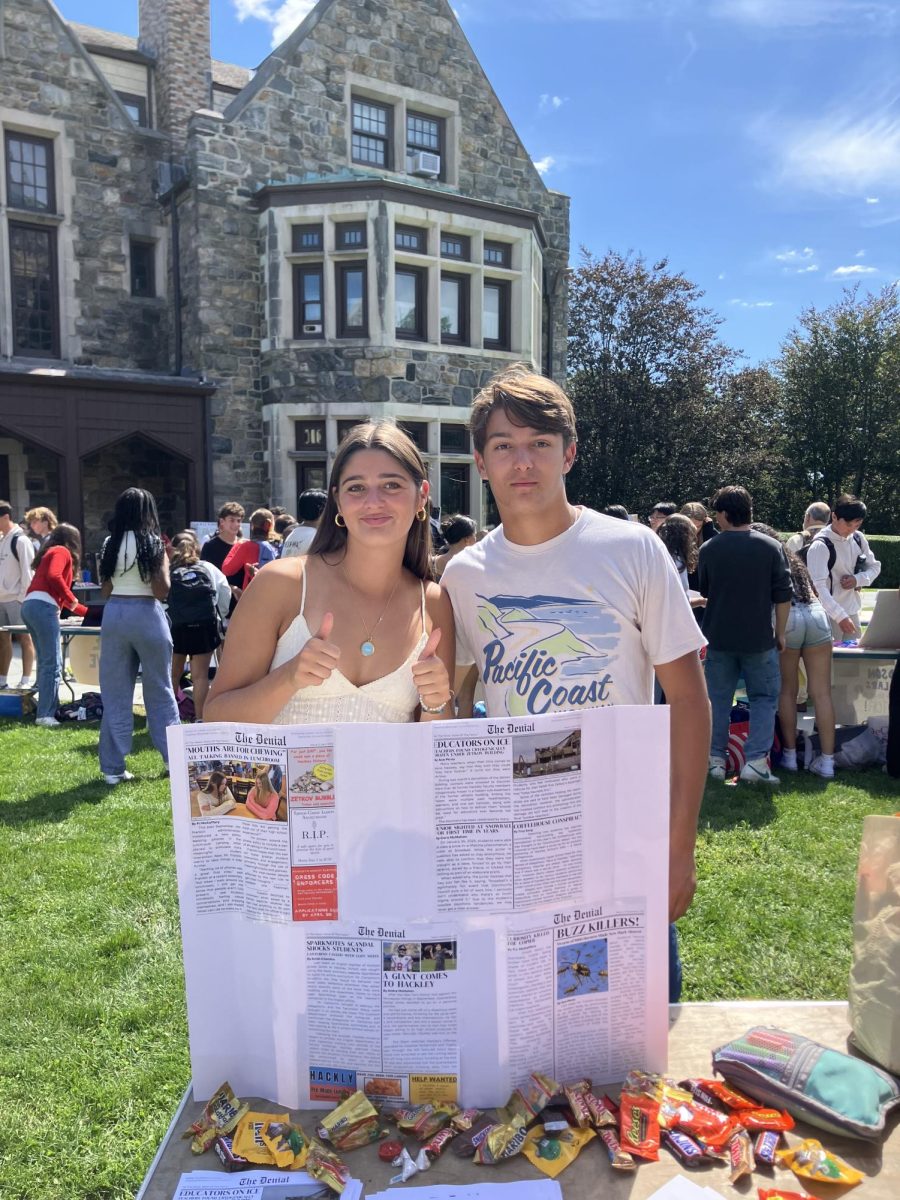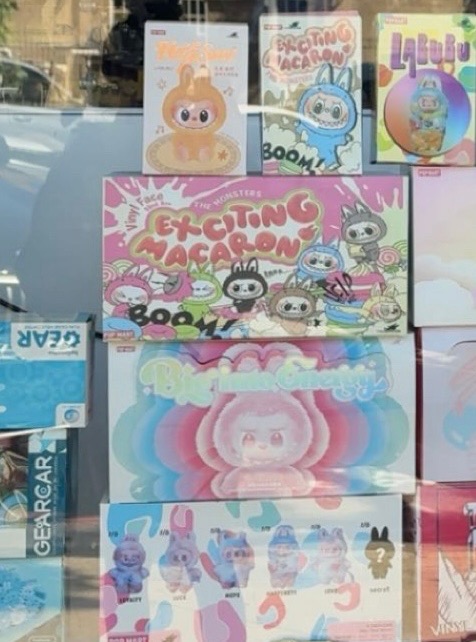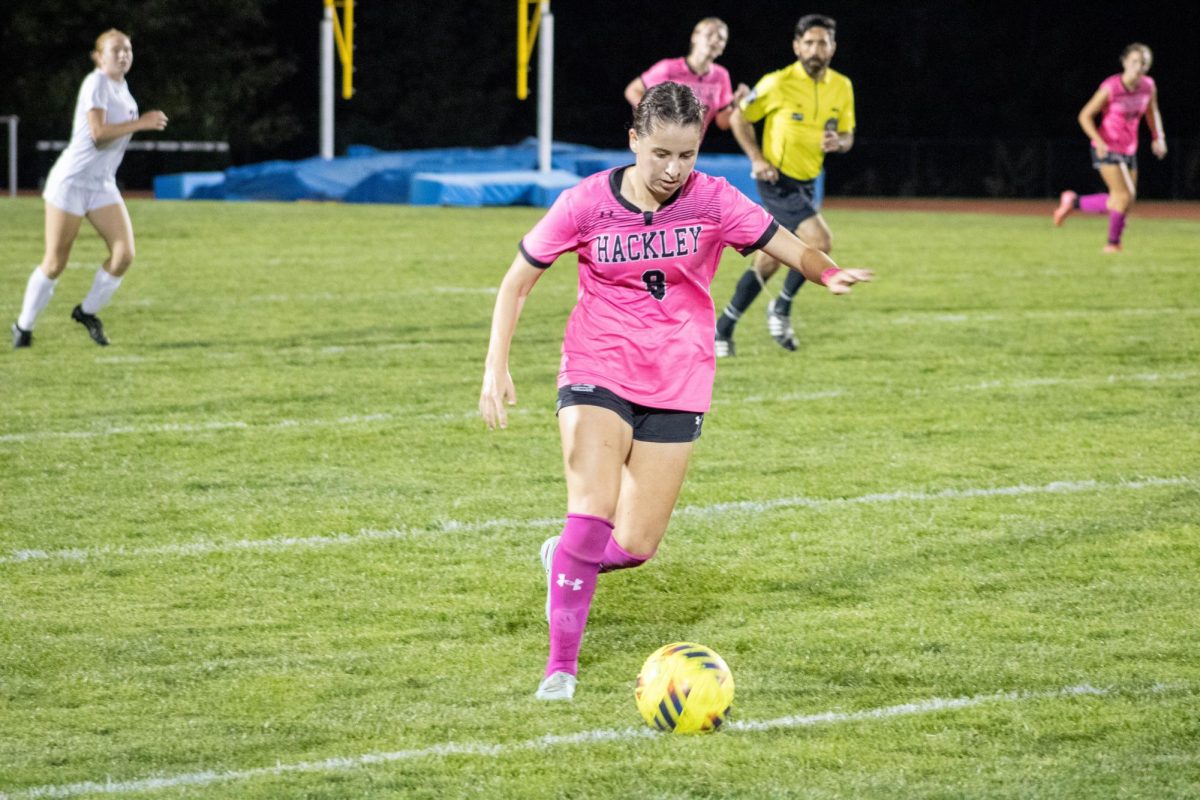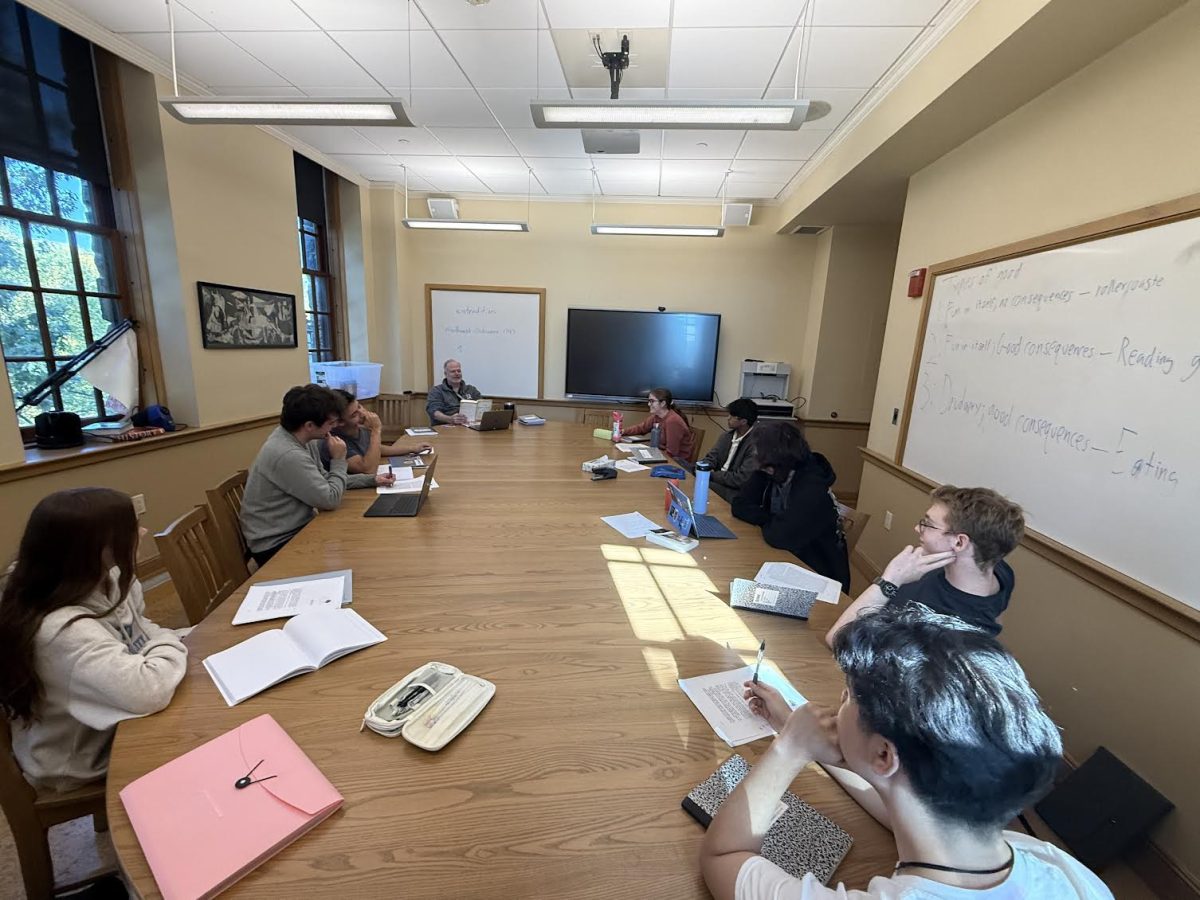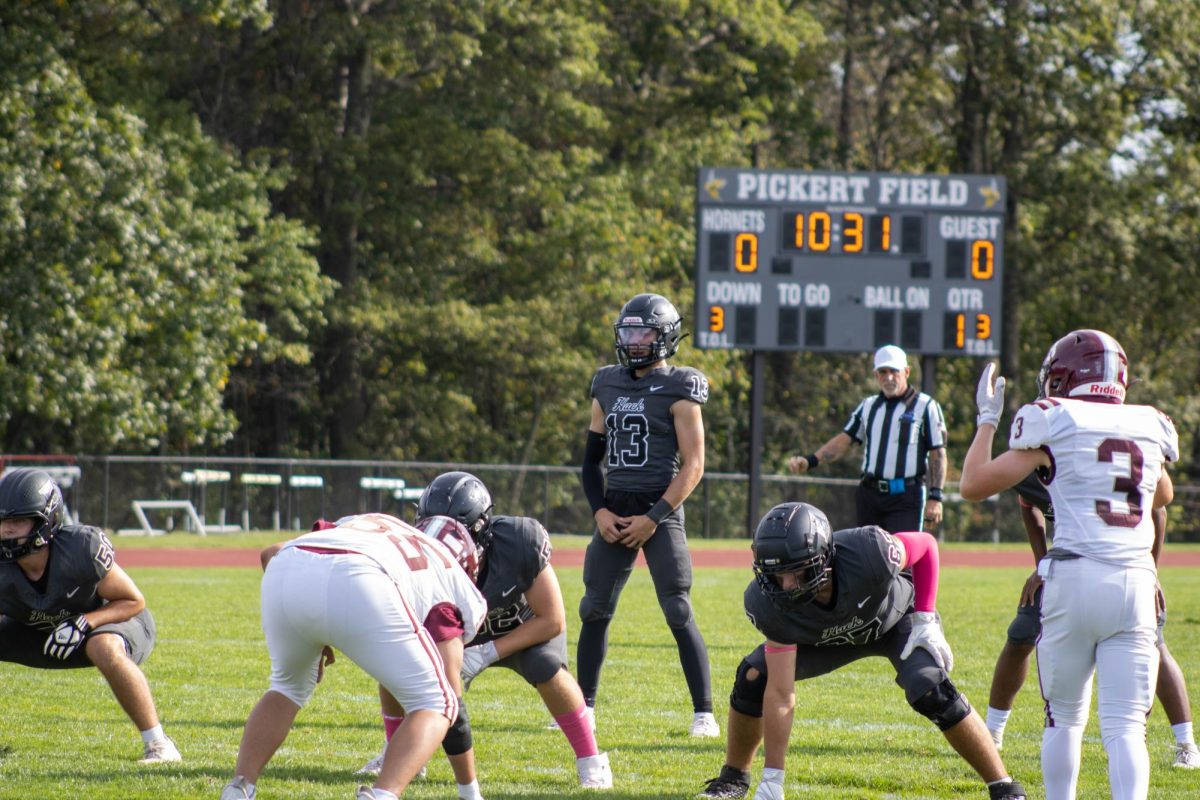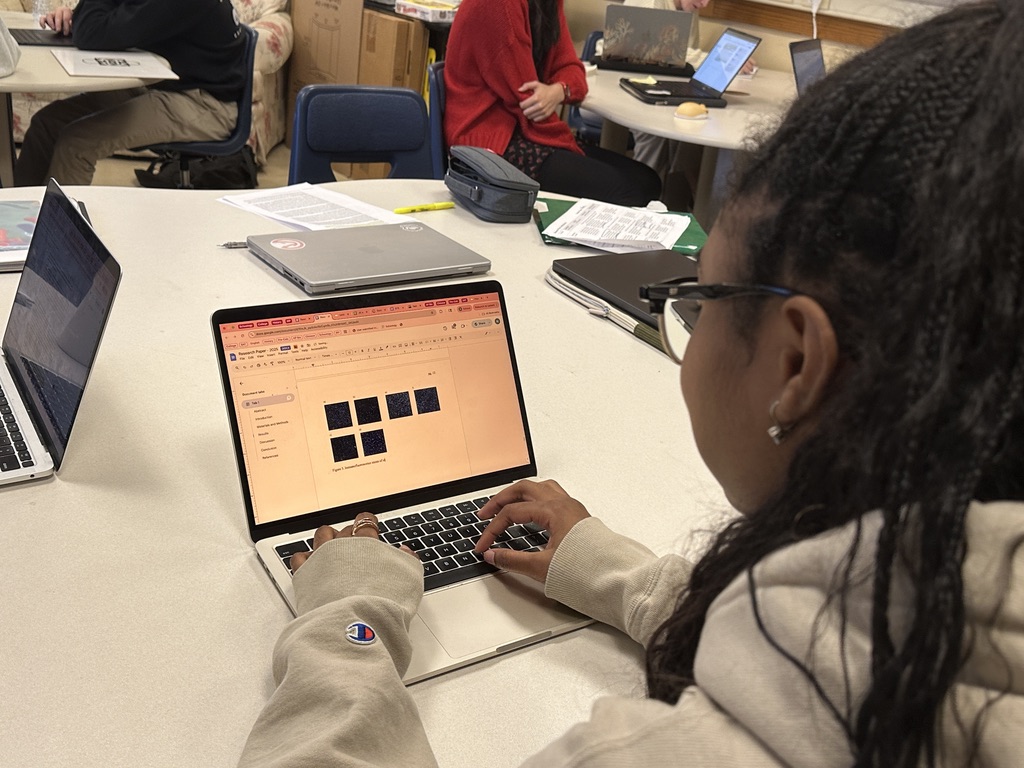If you look closely enough, you can see it. The prevalence of the Russia-Ukraine war is all around us. It is evident in our classrooms, our news, and our daily conversations. As I sat in my 20th Century History class, taught by Melissa Stanek, learning about imperialism and the conquest for land across the globe, my mind immediately went to Russia’s invasion of Ukraine.
The war holds a special place in my heart as my great-grandfather emigrated to America from Kyiv in 1921. My grandfather would tell me stories about how his father left the small port of Odesa, located in what is now Ukraine, and arrived at Ellis Island alone at only 15 years old.
On February 24, 2023, Russia’s invasion of Ukraine became the largest attack on any European nation since World War Two. As shocking as that was, the invasion of Ukraine was not a shock to many in the region as the Russo-Ukrainian War has been off-and-on since Russia annexed Crimea in 2014.
Russian President Vladimir Putin claims that the invasion was solely to destabilize and demilitarize Ukraine, which he believes is a threat to Russia. However, many believe he really wants to reconquer Ukraine, and his belief in the resurrection of the Soviet Union is terrifying to countries in the region because many doubt he will stop with Ukraine if he is successful.
As of today, (November 21) Ukraine has been pushing back and reclaiming territory that was taken over by Russia, but the progress has been slow as Russia has set up an elaborate system of defenses. Meanwhile, Putin has been meeting with Chinese President Xi Jinping over potential aid in the fight.
What seemed like a certain defeat for Ukraine has been turned around by the fighting spirit of the Ukrainian people and global health and military aid.
However, if things were to change and Russia was able to take control of Ukraine, it could be disastrous for not only the Ukrainian people but also for the world.
Upper School history teacher Vladimir Klimenko has been following the conflict his whole life. Mr. Klimenko’s first language growing up was Russian but he says his family is “culturally Russian but ethnically Ukrainian”. In 2022, Mr. Klimenko visited Ukraine during the height of the conflict with a Ukrainian photographer to document and observe the damage.
Mr. Klimenko spoke about how the history of territory lines has impacted the conflict. He mentioned the two medieval empires surrounding Kyiv and Moscow and how the kingdom around Kyiv was destroyed by the Mongols. This caused the land that is now referred to as Ukraine to fall under the Soviet Union (USSR). Ukraine, as we know it today, only gained its true independence in 1991 after multiple attempts to disassociate with the USSR.
To understand the conflict, one has to get into the mind of Russian President Vladimir Putin. Mr. Klimenko believes Putin has two main motives: eliminating political enemies inside Russia’s borders and deflecting blame for his rule by bringing glory to Russia through expansion.
It is no secret that Putin is scared of losing power in a rapidly changing Russia that could be influenced by the actions of its neighboring countries including Ukraine. Mr. Klimneko was adamant in mentioning that Ukraine is far from an ideal country. However, it has a fairly vigorous democratic system and an ever-growing connection to the EU and the rest of Europe.
Putin’s hatred of Ukraine stems from the 2014 overthrow of the corrupt pro-Russian president of Ukraine. Later that year, Putin sent masked soldiers into Ukraine and used Russian intelligence to fuel Russian puppet movements in eastern Ukraine.
Mr. Klimenko and others who closely follow the conflict say it is almost impossible to predict how the international landscape would change if Russia were to win. It also doesn’t seem plausible to him that Russia would be able to take over all of Ukraine.
“If nothing substantially changes in the next 12 months, I can imagine the US and its European allies urging Ukraine to agree to a ceasefire. Ukraine will not willingly give up territory that has been seized by Russia,” he said, “However, at a certain point, if nothing changes Ukraine might not have much of a choice.”
As of the moment, the United States has three main territorial concerns abroad: Israel, Taiwan, and Ukraine. In Mr. Klimenko’s mind, as long as other Middle Eastern powers don’t interfere, Israel will be able to look after and take care of itself.
The real reason why the United States needs to continue supplying and aiding Ukraine is that the US’ ability to help Ukraine would show China, Russia, and anybody else who attempts to challenge the existing world order the consequences of these actions.
“The most important reason to help Ukraine is to send a message that Russia cannot militarily intervene in the political lives of its neighbors,” Mr Klimenko said.
For Mr. Klimenko and Ukraine’s allies worldwide, a defense of Ukraine is a defense of democracy everywhere.

